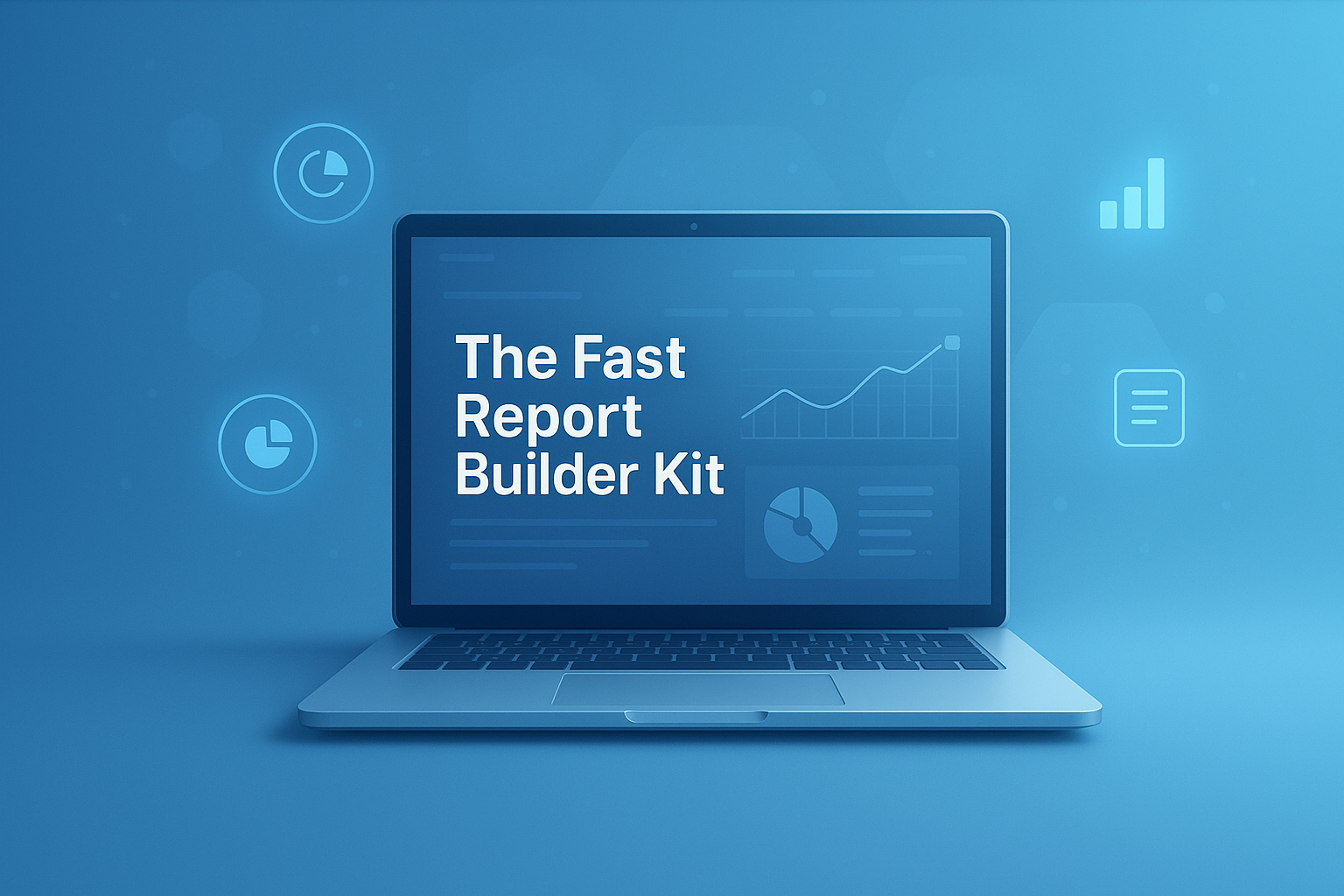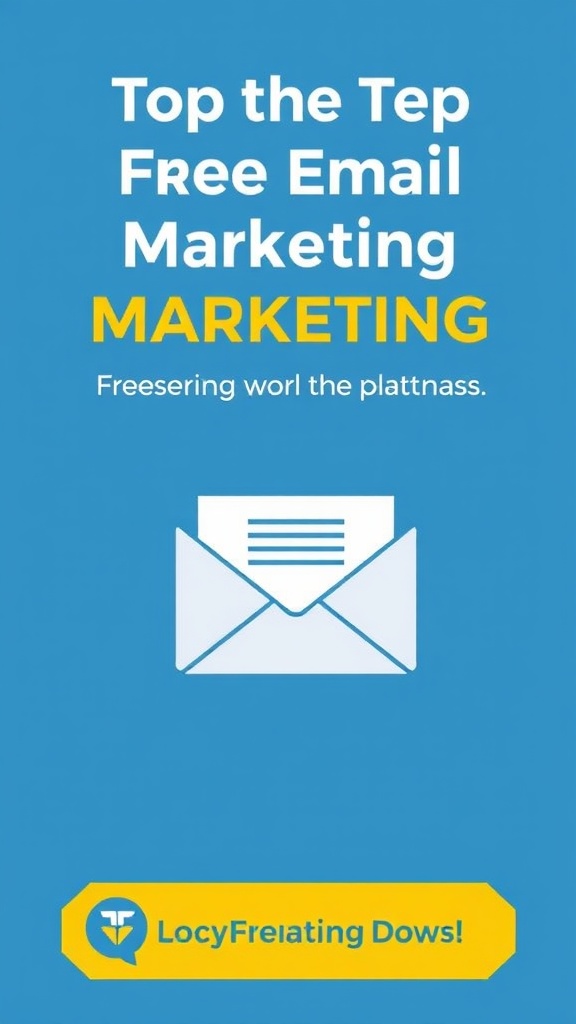Harnessing Proven Marketing Online Education Best Practices to Transform Student Engagement and Drive Sustainable Growth
Harnessing Proven Marketing online education best practices to Transform Student Engagement and Drive Sustainable Growth
Understanding the Importance of Marketing online education best practices
In my experience with Marketing online education best practices, I’ve learned that the foundation of successful online programs begins with understanding why effective marketing matters so much. When I first started exploring this field, I discovered that the right strategies not only attract students but also foster trust and credibility from the very first interaction. I want to share what I’ve learned about integrating proven marketing techniques into online education to truly transform engagement and ensure sustainable growth.
From what I’ve researched, Marketing online education best practices include a mix of targeted outreach, personalized communication, and data-driven decision making. These elements help us meet students where they are, understand their needs, and craft messages that resonate deeply. In my opinion, mastering these practices is essential to standing out in a crowded digital landscape and creating meaningful educational experiences that last.
Implementing Effective Strategies for Student Engagement
Personalization and Segmentation in Marketing online education best practices
I’ve discovered that personalization is one of the most powerful Marketing online education best practices. When I tailor messages and course recommendations based on individual student preferences or past interactions, I see a significant boost in engagement. For example, I once segmented my email list by interests and demographics, which allowed me to send targeted content that truly resonated. This approach made students feel valued and understood, leading to higher enrollment and retention rates.
From my experience, I recommend leveraging data analytics to refine your segmentation strategies continually. The more I personalize my outreach, the more I notice students are motivated to participate actively and stay committed to their learning journey. I believe that this level of targeted marketing is a cornerstone of Marketing online education best practices.
Content Marketing and Engagement Campaigns
In my opinion, content marketing remains central to engaging students effectively. I’ve found that creating valuable, relevant content—such as blogs, videos, webinars, and success stories—helps build trust and authority. When I incorporate storytelling into my campaigns, students are more likely to connect emotionally with the brand and see the value of my courses. Additionally, I recommend using social media channels strategically to amplify this content and reach broader audiences.
I’ve also learned that consistent communication through email drip campaigns and targeted ads can nurture leads and convert prospects into committed students. From my research, these tactics exemplify Marketing online education best practices that foster ongoing engagement and community building, which are critical for long-term success.
Optimizing Content Delivery and Course Design
Aligning Course Content with Marketing Strategies
When I started aligning my course content with my marketing efforts, I realized how crucial it is to communicate value upfront. I recommend clearly articulating the benefits and outcomes of your courses in your marketing materials. From my experience, this clarity helps prospective students visualize their success and makes them more likely to enroll. I’ve found that integrating testimonials, case studies, and student success stories into my marketing materials enhances credibility and boosts conversions.
In my opinion, Marketing online education best practices involve not just promoting courses but also positioning your institution as a thought leader. Regularly updating your content with industry insights and relevant topics keeps your program fresh and engaging, ensuring students stay interested and motivated throughout their learning journey.
Leveraging Multimedia and Interactive Content
I’ve discovered that multimedia content—such as videos, infographics, and interactive quizzes—can significantly improve engagement. When I incorporate these elements into my courses and marketing campaigns, I notice students are more attentive and retain information better. From what I’ve learned, offering a variety of content formats caters to different learning styles and keeps the experience dynamic.
I recommend investing in high-quality production and ensuring accessibility across devices. These Marketing online education best practices help position your program as innovative and student-centered, driving higher enrollment and fostering a loyal community.
Utilizing Data and Analytics for Continuous Improvement
Tracking Engagement Metrics and Feedback
In my journey, I’ve come to see that data is a powerful ally in refining Marketing online education best practices. I always track key metrics like click-through rates, time spent on content, and conversion rates to understand what resonates with my audience. Gathering direct feedback through surveys helps me identify areas for improvement and adapt my strategies accordingly.
From my experience, using tools like Google Analytics and course analytics platforms allows me to see real-time data, which informs my marketing decisions. I believe that continuous monitoring and analysis are essential for optimizing student engagement and ensuring sustainable growth.
Personalizing Follow-up and Retargeting
I’ve found that retargeting campaigns and personalized follow-up emails are effective for recapturing interest from prospects who didn’t convert initially. When I segment audiences based on their behaviors and preferences, I can deliver tailored messages that address their specific needs. From what I’ve learned, this approach aligns perfectly with Marketing online education best practices by nurturing leads and fostering long-term relationships.
In my opinion, investing in automation tools helps streamline this process, making it easier to deliver relevant content consistently. I recommend viewing data-driven marketing as an ongoing cycle that fuels growth and student loyalty.
Building a Community and Fostering Long-term Loyalty
The Power of Social Proof and Testimonials
In my experience, social proof plays a huge role in convincing prospective students to enroll. I’ve discovered that showcasing testimonials and success stories on my website and social media builds credibility and trust. When I highlight real student achievements, I notice a higher conversion rate and increased engagement from new prospects.
From my research, I believe that encouraging current students to share their experiences creates a sense of community that benefits everyone. These strategies are part of Marketing online education best practices that foster loyalty and turn students into brand ambassadors.
Creating Alumni and Referral Programs
I recommend developing alumni programs and referral incentives to maintain ongoing relationships with students. When I implement these programs, I see increased word-of-mouth promotion and repeat enrollments. Providing value through continued education opportunities and recognition helps keep alumni engaged long after they complete their courses.
I believe that fostering a sense of belonging and recognition is fundamental to sustainable growth. These initiatives exemplify Marketing online education best practices that transform students into lifelong advocates.
References and Resources
Throughout my research on Marketing online education best practices, I’ve found these resources incredibly valuable. I recommend checking them out for additional insights:
Authoritative Sources on Marketing online education best practices
-
U.S. Department of Education – Online Learning
ed.govThis resource offers authoritative guidelines and research on effective marketing strategies for online education programs, emphasizing accessibility and quality.
-
edX – Best Practices in Digital Learning
edX.orgProvides case studies and insights into successful marketing and engagement strategies used by leading online education platforms.
-
Inside Higher Ed
insidehighered.comOffers articles and research on trends and best practices in online learning marketing and student engagement.
-
Journal of Educational Technology
journalofeducationaltechnology.comAcademic research on innovative marketing techniques and technology integration in online education.
-
EDUCAUSE
educause.eduFocuses on strategic planning, innovation, and best practices in digital learning environments.
-
Marketing Land
marketingland.comContains articles on digital marketing trends, strategies, and case studies relevant to online education providers.
-
Harvard Business Review
hbr.orgProvides leadership insights and strategic frameworks applicable to marketing and growth in online education sectors.
-
EDUCAUSE Review
educause.eduFocuses on innovative use of technology and strategic marketing in higher education online programs.
Frequently Asked Questions
What are some essential Marketing online education best practices I should implement?
In my experience, key practices include personalized outreach, content marketing, leveraging social proof, and data analytics. These strategies help attract and retain students effectively. I recommend starting with a solid understanding of your target audience and consistently refining your approach based on analytics.
How can I improve student engagement using Marketing online education best practices?
I’ve found that creating personalized content and interactive experiences significantly boost engagement. Utilizing multimedia, timely follow-ups, and community-building activities foster a sense of belonging. These methods align with Marketing online education best practices aimed at nurturing long-term relationships.
What role does data analytics play in marketing online education?
In my experience, data analytics is vital for understanding student behavior and optimizing marketing strategies. Tracking engagement metrics helps me identify what content resonates, allowing me to make informed adjustments. I believe that continuous data-driven improvements are essential for sustainable growth.
How do I foster long-term loyalty among students?
From my perspective, building a community through alumni programs, testimonials, and referral incentives creates lasting loyalty. Recognizing student achievements and maintaining engagement even after course completion turn students into advocates. These are key Marketing online education best practices for long-term success.
Conclusion
In conclusion, my research on Marketing online education best practices has shown that a strategic, personalized approach is essential to transforming student engagement and ensuring sustainable growth. I believe that combining targeted marketing, compelling content, and data analytics creates a powerful ecosystem for success. I hope this guide helps you implement effective strategies and achieve your educational goals with confidence.
Find out more information about “Marketing online education best practices”
Search for more resources and information:






